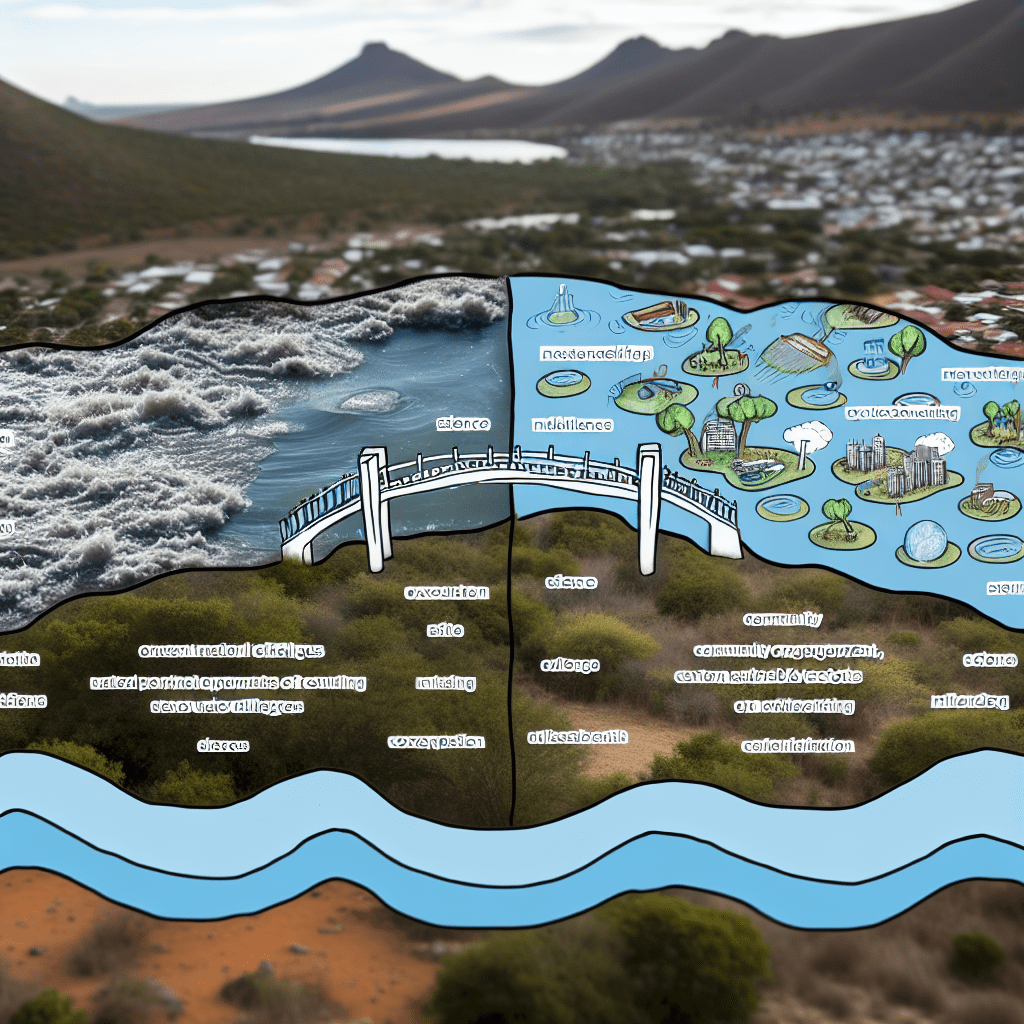”
South Africa, despite its vast network of rivers and large coastline, struggles with severe water quality issues. This article explores these challenges, identifies their root causes and discusses potential mechanisms for enhancing water quality.
South Africa’s water quality woes mainly result from rampant industrial pollution, inadequate wastewater treatment, extensive agricultural runoff, and climate change impacts.
Staple pollutants in South Africa’s water bodies encompass heavy metals, harmful chemical waste, untreated sewage, and nutrients leading to harmful algal blooms. These contaminants pose serious health risks, disturb aquatic ecosystems, and tax the country’s water treatment infrastructure.
Albeit South Africa has implemented extensive legislation for water management, such as the National Water Act, the persistent water issues highlight the urgent need for more comprehensive, effectual, and sustainable solutions.
Addressing South Africa’s water quality problems calls for stringent regulation of industrial pollutants, significant improvements in wastewater treatment infrastructure, sustainable agricultural practices to minimize runoff, and climate-resilient water management strategies.
The role of public participation and awareness cannot be overstated. Educational campaigns focusing on water conservation, pollution containment, and the significance of clean water are critical for initiating societal changes.
In conclusion, while charting a route towards improved water quality in South Africa is no easy task, it is far from impossible. By enforcing robust policies, embracing technological innovation, and stimulating public involvement, South Africa can steer its way towards tranquil, safe waters for all its inhabitants.
By FountainGO!

